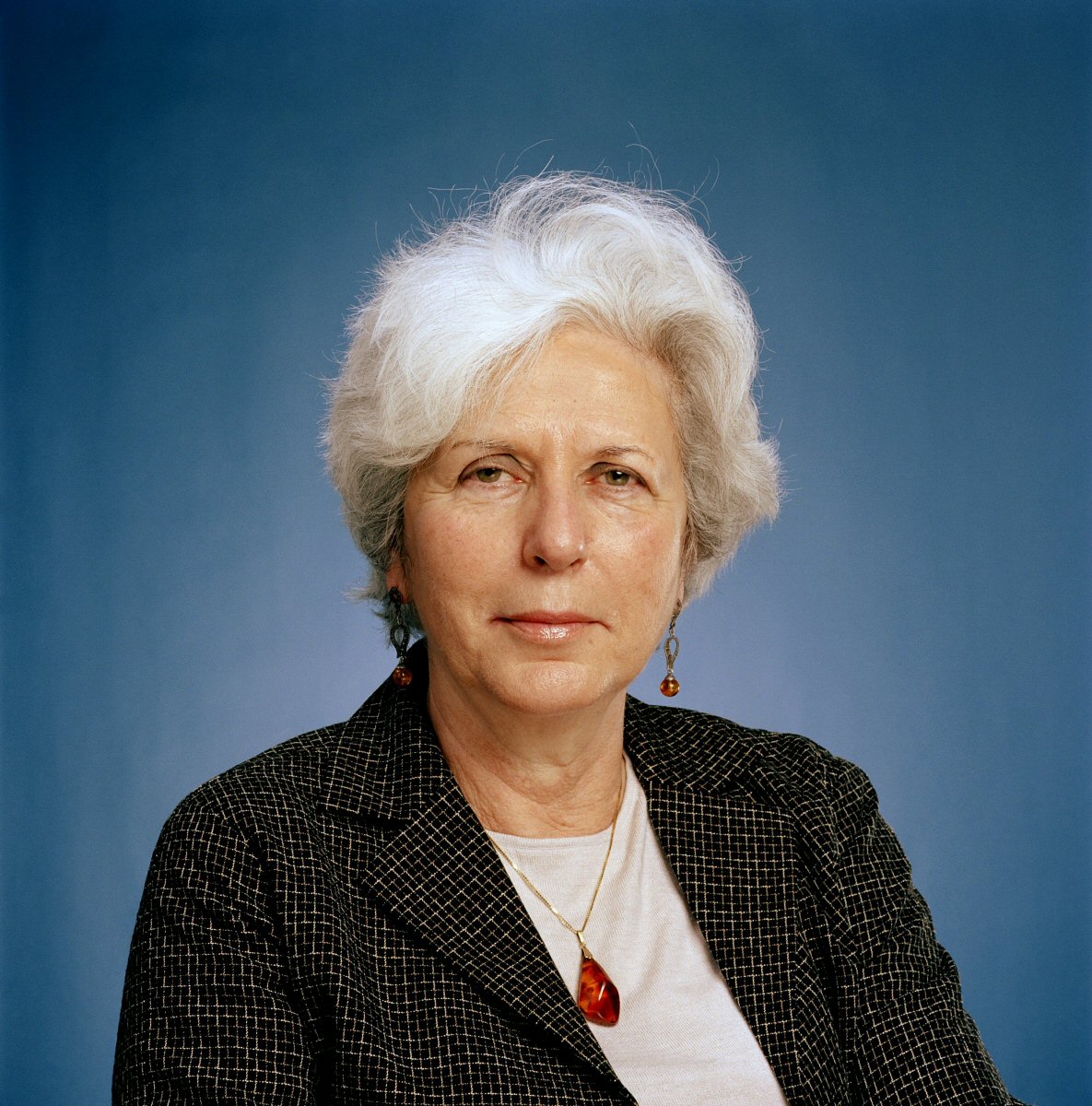{
"authors": [
"Marina Ottaway"
],
"type": "event",
"centerAffiliationAll": "",
"centers": [
"Carnegie Endowment for International Peace"
],
"collections": [],
"englishNewsletterAll": "",
"nonEnglishNewsletterAll": "",
"primaryCenter": "Carnegie Endowment for International Peace",
"programAffiliation": "",
"programs": [],
"projects": [],
"regions": [
"Southeast Asia"
],
"topics": []
}
REQUIRED IMAGE
Rebuilding Social Capital in Post-Conflict Societies
Wed, March 20th, 2002
Third Session
Presenter: Michael Morfit, Vice President, Governance & Public Sector Management, Development Alternatives, Inc.
Commentator: Sharon Morris, Democracy Fellow; Bureau for Democracy, Conflict, and Humanitarian Assistance; U.S. Agency for International Development
Moderator: Marina Ottaway, Senior Associate and Co-Director of Democracy and Rule of Law Project, Carnegie Endowment for International Peace
On March 20, 2002, experts gathered at the Carnegie Endowment for the third meeting of the roundtable, which brings together individuals from the democracy-promotion and conflict-prevention communities to discuss how the two fields are linked, under what conditions they complement each other, and when they work at cross purposes. Michael Morfit presented a framework that focuses on the benefits of building social capital as a long-term strategy of conflict prevention.
Mr. Morfit contended that societies with deep social capital-defined for the purposes of the discussion as all aspects of social relations, organization, and values-will likely experience less violent conflict than counterparts with shallow social capital. Societies with deep social capital are defined by the complex, flexible, and inclusive means in which individuals identify themselves and voluntarily associate with groups.
The challenge for donors is determining how to best deepen social capital. Strategies need to be focused on areas where competing groups must work together out of necessity. For example, Croats, Muslims, and Serbs cooperate regularly at the Arizona Market near Brcko, Bosnia. Outside groups are encouraging the establishment of a multiethnic board to manage the Market and expand such cooperation to other areas.
In her response, Sharon Morris argued that, while deepening social capital should indeed be an important part of conflict-prevention efforts wherever useful, it is unlikely that such strategies alone will ultimately be effective in many cases without due attention to underlying causes of violent conflict. (Click here for a summary of the roundtable discussion on Ms. Morris' framework.) Local grievances-stemming from demographic shifts, economic crises, and other upheavals-are often utilized by "conflict entrepreneurs," who encourage violence in order to derive benefits. (Click here for a summary of the roundtable discussion on conflict entrepreneurs.) Instead of trying to promote cooperation between individuals that typically already oppose violence, programs need to be targeted at constraining the abilities of political elites to profit from and incite violence. Social capital is just one part of the puzzle.
Participants discussed the efficacy of deepening social capital as a conflict-prevention measure, given geographical and temporal limitations, as well as the benefits of building social capital vis-à-vis constraining conflict entrepreneurs.
Carnegie does not take institutional positions on public policy issues; the views represented herein are those of the author(s) and do not necessarily reflect the views of Carnegie, its staff, or its trustees.
Event Speaker
Marina Ottaway
Former Senior Associate, Middle East Program
Before joining the Endowment, Ottaway carried out research in Africa and in the Middle East for many years and taught at the University of Addis Ababa, the University of Zambia, the American University in Cairo, and the University of the Witwatersrand in South Africa.
